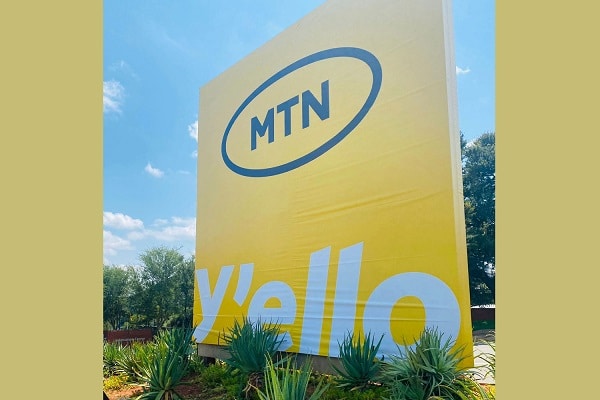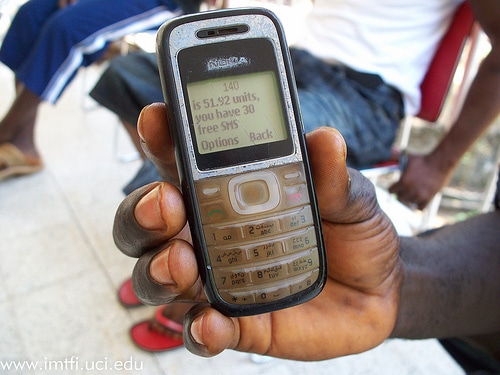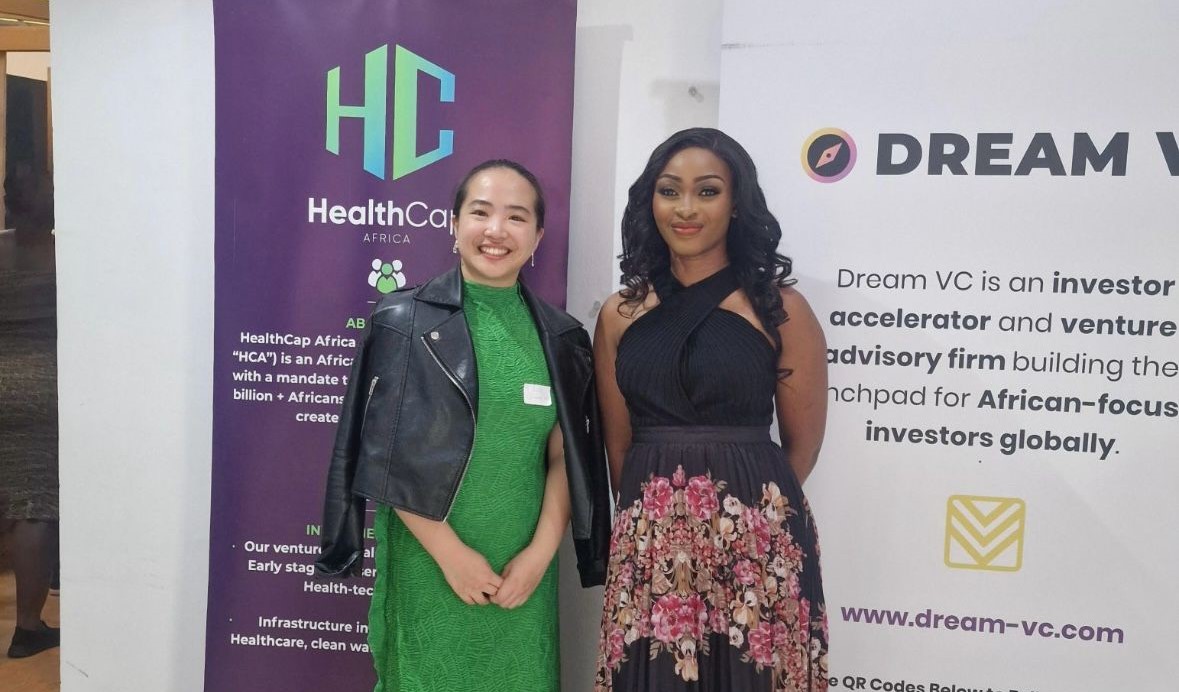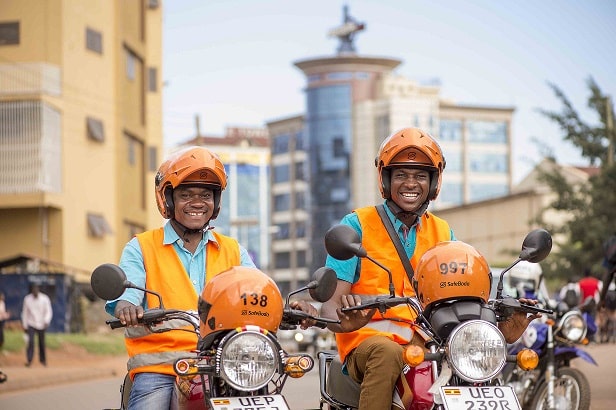According to the World Bank, Francophone Africa will have 62.5% of Africa’s fastest-growing economies by 2021.
This is in addition to the organisation's World Economic Outlook report stating that the economic growth rate of this region between 2012 and 2018 was 4.9%. In comparison, the rest of Africa stood at 2.9%.
These metrics show Francophone Africa’s growth potential, but when looking in from the outside, it might seem not much growth or innovation is happening in the region.
There are several reasons for the consensus that the tech ecosystem in Francophone Africa is significantly lagging behind their Anglophone mates.
For one, English-speaking countries, excluding South Africa, contribute to 47% of sub-Saharan Africa's average GDP, while French-speaking countries boast of only 19%.
Also, the lack of infrastructure, bad governance, and poor corporate culture is perceived worse when compared to Anglophone Africa. And that speaks volumes.
Why Francophone Africa is lagging behind
If looked at critically, there's no comprehensive reason or explanation why there's a huge disparity between the regions. However, a plethora of factors have contributed to the disparity.
A glance at the World Bank's Doing Business report – measuring the quality of business environments – reveals something interesting. English-speaking countries are ranked in more favourable positions than their Francophone counterparts ranging from Togo in 97th to the Central African Republic in 184th.
In essence, many French-speaking countries are among the toughest places to do business on the continent.

Join over 3,000 founders and investors
Give it a try, you can unsubscribe anytime. Privacy Policy.
Narrating her ordeal while setting up an office for AppsTech in 2002, Rebecca Enonchong, a famous Cameroonian tech entrepreneur said, “We talk about the regulatory environment being difficult in Nigeria – it’s just as difficult in Francophone Africa.”
Also, Francophone Africa suffers from its size and population. Largely home to smaller economies and markets, it has 141 million people across 34 countries and territories. In comparison, Nigeria has nearly 200 million people.
Moulaye Taboure, Co-founder and CEO of Ivorian eCommerce startup, Afrikrea, believes this is paramount when discussing factors hindering the growth of the region's ecosystem.
"There's a smaller number of people compared to most of the Anglophone countries," he tells Techpoint Africa, "who are even less wealthy and have less spending power. Asides not having a big enough market to explore, the language barrier is also a big factor."
When you consider the major venture capitalists supporting African startups, you notice they're English-speaking, including those of Asian or European origin. And to be frank, they're less likely to learn about Francophone African startups in the first place because of the language barrier.
Language barrier not only makes it difficult for English-speaking people to connect with Francophone Africa but it also makes it difficult for French-speaking people to access the resources they need.
For Taboure, players' inability to access these resources is a threat to the region's talent.
"The biggest issue for me is education because the growth of a tech ecosystem is connected to the growth of talent. Unfortunately, in Francophone Africa, because there is less interaction between ourselves and the rest of the world, it's difficult to learn and grow faster," he adds.
Bridging gaps and creating an enabling environment
As Taboure pointed out, lack of learning resources can be linked to why the region is facing a human capital issue with few designers, developers, and tech professionals.
AfricaHacks Co-founder and Vice President, Christine Dikongué believes that to fix this, the ecosystem needs more incubators, accelerators, labs, and conferences to produce extra talent.
"We need to be able to create more accessible programmes for the people. This will enable them to tap into mentorship, network, and financing available within the region," she tells us.
She cites the work of Afrilabs, the pan-African network organisation where Enonchong is board chair, as improving the Francophone tech ecosystem.
With 225 innovation centres across 47 countries, Afrilabs has brought hubs across the continent together. And each serves as a meeting point for entrepreneurs, developers, technologists, investors, and tech companies in Francophone and Anglophone communities.
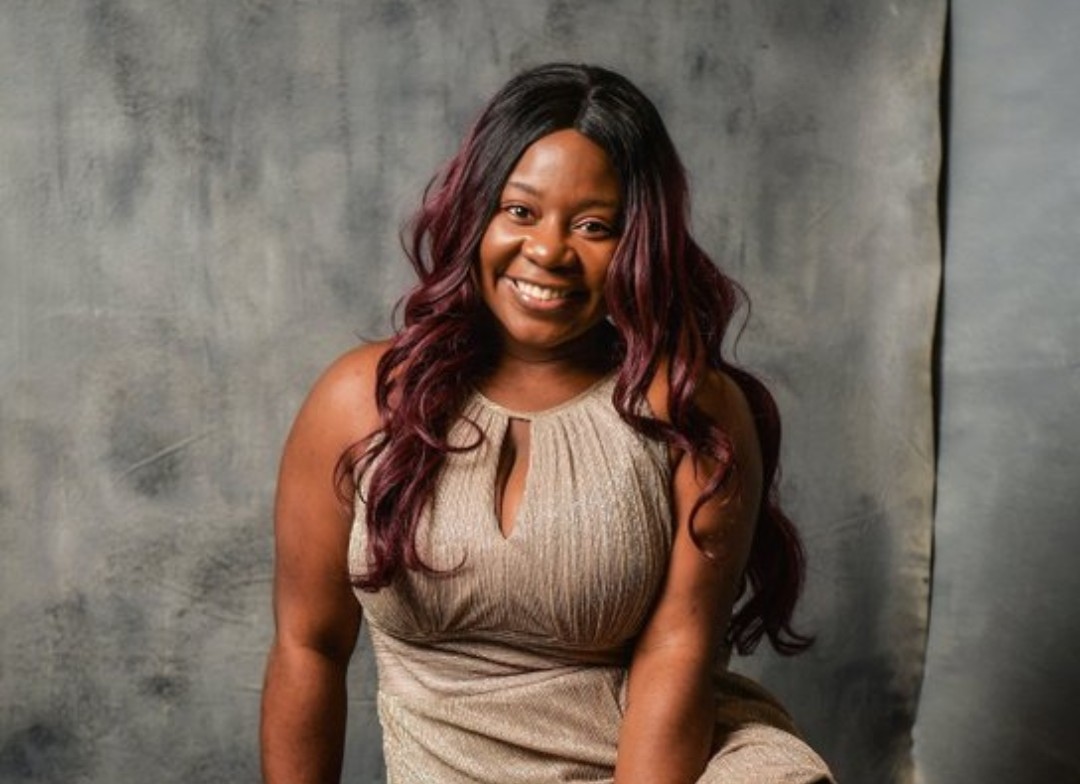
Riding on the precedent set by Afrilabs, Dikongué and her Co-founder, Uchi Uchibeke, launched AfricaHacks in 2020. The platform organises and supports hackathons across most African countries. It also partners with African tech companies and others around the world to incubate startups in the region.
The Cameroonian-born entrepreneur argues that because the biggest tech firms in the world are from English-speaking nations, it contributes to the empowerment in technology that Anglophone Africa has access to. This, in turn, has led to these countries experiencing technological activities like hackathons ahead of French-speaking countries.
Thus, AfricaHacks creates hackathons that Francophone people can participate in and relate with.
"The culture of hackathons is Anglophone," she says, "so even explaining that to our people, we need to use different words sometimes. That's why I started AfricaHacks; to showcase this tech to Francophone communities."
Aichatoun Toure is doing something similar to Dikongué. As a developer and the secretary-general of Mussodev – an association that promotes women's involvement in technology – Toure founded Codesign, a digital marketing startup.
In 2019, Codesign organised a 10-day hackathon bringing developers from Burkina Faso, Côte d'Ivoire, Mali, and Togo together to build applications geared towards the sustainability of Mali's digital economy.
Similarly, AfricaHacks says it’ll be hosting a bilingual hackathon bringing both Anglophone and Francophone tech communities together. However, unlike Codesign’s, this will be online.
One would have thought carrying out an online hackathon would be a herculean task in Francophone Africa. But Dikongué tells us that mobile networks have a strong presence in the region so the hackathon should go smoothly.
"In the context of the coronavirus, it's very hard for people to start going to hubs for hackathons. So with their phones and computers, they're able to participate. And I think mobile connectivity is another opportunity that has been presented to Francophone Africa." she adds.
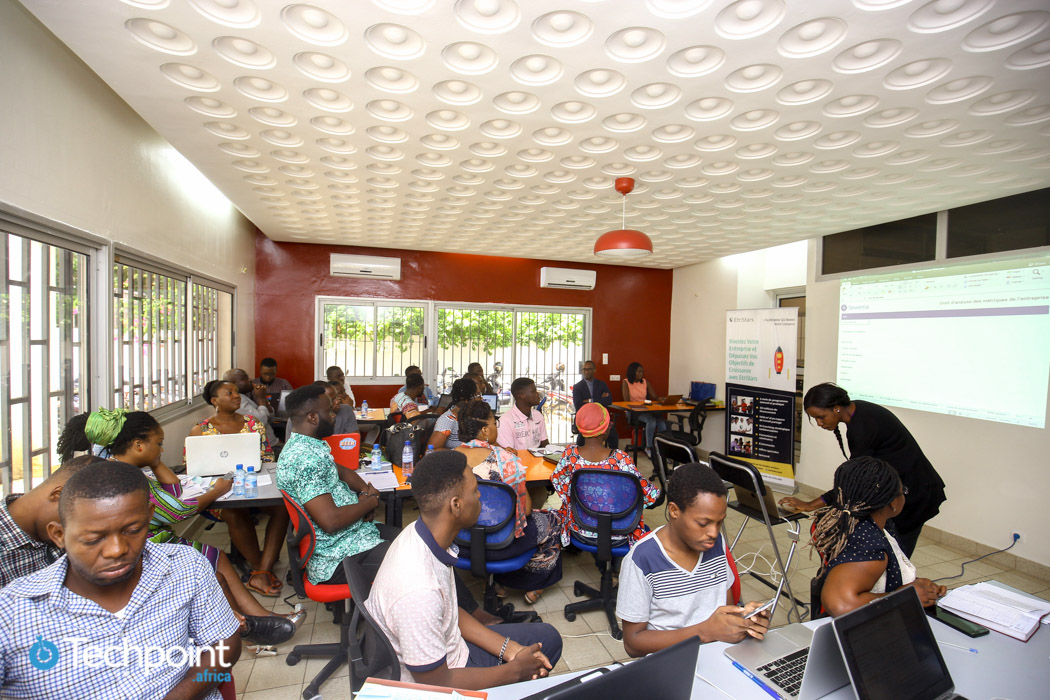
A report by Research and Markets predicts that by 2022, there will be 1 billion mobile connections in sub-Saharan Africa. Given that the mobile telephony market is growing in Francophone sub-Saharan Africa, governments are making efforts to develop the communications sector.
Last year, two branches and stations were to be constructed connecting the west coast MainOne cable to Dakar in Senegal and Abidjan in Côte d'Ivoire.
In addition to mobile connectivity progress, developers in some of Francophone Africa's biggest markets witnessed a breakthrough in mobile app services this year.
Apple's App Store, one of the most popular app marketplaces, is available in 175 countries and regions. Since launching in 2008, developers have created and distributed their apps to customers around the world.
However, it wasn't until April this year that the App Store alongside Apple Arcade, Apple Music, Apple Podcasts, and iCloud was made available to some countries in Francophone Africa. They include Cameroon, Côte d'Ivoire, Democratic Republic of Congo, and Gabon.
This makes it possible for developers within the region to create apps and businesses that can scale outside Francophone Africa to other parts of Africa and the world.
Small wins, big impact for startups in the Francophone tech ecosystem
With the spread of mobile connectivity even to some remote villages, people in the region have access to services provided by startups like GiftedMom.
Founded in 2013 by Alain Nteff, the mobile health platform uses low-cost technology to give pregnant women and mothers in rural areas life-saving health information; it is also used to provide necessary medical care.
Born out of the need to tackle the widespread problem of maternal and perinatal death in Africa, the startup had raised $220k (according to Crunchbase) before Nteff decided to make a slight pivot to Healthlane in March 2019.
With a presence in Cameroon, Côte d'Ivoire, Mauritania, and Nigeria, Healthlane now offers a wide range of medical services to Africans from tracking doctors' appointments to compiling patients' health data.
It has a pipeline of more than 400 medical institutions and 250,000 individuals and organisations. And in March this year, it was selected as one of the 12 African startups in US-based seed-stage accelerator, Y Combinator's Winter 2020 batch.
Healthlane received $150k from the accelerator and later in September, got a $2.5 million investment from London-based VC fund, Digital Horizon, CRE Africa, and Sequoia Capital among other investors.
This raise was a pivotal moment for Cameroon’s tech ecosystem as it became the largest round raised by a startup from the country. Yet it remains one of the few wins for the Francophone Africa tech ecosystem.
According to a Partech Africa report from 2018, startups in Francophone Africa received only 1% of the $1.16 billion raised that year.
Also, of the more than 40 African startups that have gotten into Y Combinator so far, Francophone Africa has only Dakar-based solar energy startup, Oolu and Healthlane as representatives.
For Taboure, this needs to change and current early-stage founders like himself are striving to make that happen.
"If more founders whose startups have traction get into international accelerators like YC, we'll get more recognition," he says.
His startup, Afrikrea is an eCommerce platform that allows African designers to meet the global demand for African fashion and art. As one of the few African startups with clients across 50 African countries (asides presence in international markets), Afrikrea is steadily building a formidable business.
[auto-iframe link=https://techpoint.africa/2020/11/24/afrikrea-online-infrastructure-african-culture-commerce/embed tag=first]
Having hit $2 million in revenue last year, the four-year-old Ivorian startup released a white paper report on African online fashion. The data is available in both French and English for both markets in Africa to tap into the progress and opportunities in the fashion space.
"This was a big effort for us, but most people don't realise it. Every time we communicate, whether via social media or content we create, we do it not only in French but also in English so that French-speaking people can learn from our experience, and that we can project our experience to English-speaking people."
Another startup looking to make a similar impact in the Francophone startup ecosystem, albeit for a different segment, is Togo-based super app, Gozem.
Emeka Ajene, a Nigerian-born American, moved to Lome to launch Gozem, a motorcycle-hailing startup, alongside Raphael Dana in November 2018. Now operational across seven African cities in Francophone West and Central Africa, Gozem completed half a million rides this year before becoming a super app.
Ajene tells us that before Gozem came onto the scene in 2018, most of its riders in Togo weren’t regular smartphone users. But by learning on the job, Gozem is providing a first-hand experience for riders and educating them on the importance of smartphone ownership.
He believes that this process should make it easier for tech companies that expand to Francophone Africa in the future.
But in the grand scheme of things, Ajene thinks new and established African tech players will be encouraged to come into the region if Gozem succeeds.
"Success attracts attention and we believe ultimately Gozem's success will lead many who may have ignored or disregarded the region to reconsider the potential that Francophone Africa holds."
What to look forward to
Tech activity in sub-Saharan Africa has always tended to be concentrated in a few Anglophone markets: Nigeria, South Africa, Kenya, and Ghana. This is because they are the most attractive to entrepreneurs and investors within and outside the continent. And this is evident in the cumulative investments their companies have raised.
According to Techpoint Africa’s West African Startup Decade Report, which covers startups that raised at least $1m cumulatively from 2010 to 2019, the same pattern can be established. But in this case, it’s Nigeria, Ghana, and others.
According to the report, there are 51 of these Millionaire West African Startups (MWAS). They raised a combined $1.806b, with Nigerian startups accounting for 97.9% of the total amount.
Outside Nigeria, mPharma topped three other Ghanaian representatives with a cumulative investment of $22.8m. Côte d'Ivoire and Senegal, on the other hand, had Afrikrea and Talent2Africa with $1.12m and $1m respectively.
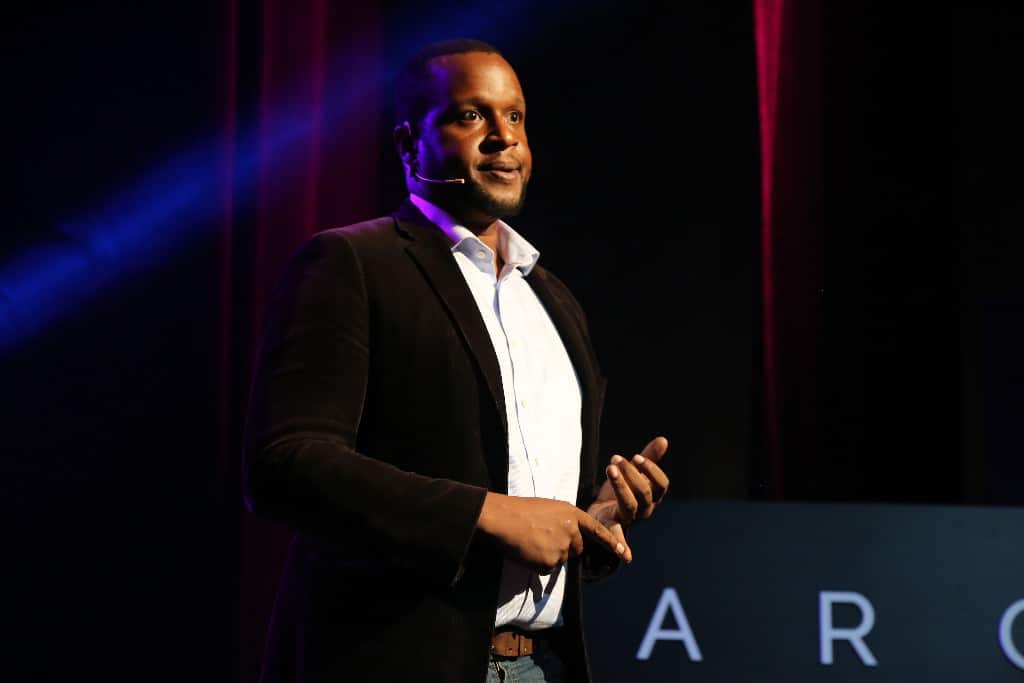
Similarly, the Partech Africa Annual Report from last year showed that startups in the continent raised over $2 billion. Nigeria attracted the most investments, $747m followed by Kenya. Egypt – which isn't in sub-Saharan Africa – was third, with South Africa coming fourth. In sixth was Ghana, a spot below Rwanda.
Usually, when startups in these sub-Saharan countries think of expansion, they explore the markets in the other three countries. Taboure says that in the past, these startups wouldn't think of coming into the Francophone region. But he believes things are changing.
He adds that most Nigerian startup founders that he has met or spoken with have plans to come to Abidjan, Côte d'Ivoire’s economic capital. But for now they are restricted by the need to conquer bigger markets first.
"Of course they want to be pan-African but I think it's a matter of priority. You always want to go first to where there's the biggest gain. So when you're in Nigeria, you go to Kenya. When you're in Kenya, you go to Nigeria. If you've done both, then you go to Ghana. After that you might go to South Africa before coming to Francophone Africa," he says.
Ajene is of a similar opinion. He references the expansion of Nigerian logistics startup, Kobo360 into Francophone Africa. In addition to Nigeria, Uganda, Ghana, and Kenya, the three-year-old startup has operations in Côte d'Ivoire, Burkina Faso, and Togo.
"The region is actively on the roadmap for several other startups that we've spoken with, so I think in the coming years you'll see more venture-backed startups that began in Anglophone markets entering Francophone Africa.
Featured image source: Reuters https://zp-pdl.com otc-certified-store.com https://zp-pdl.com/apply-for-payday-loan-online.php http://www.otc-certified-store.com/eye-care-medicine-europe.html https://zp-pdl.com взять займ на карту с нулевым балансомонлайн займ по системе контактблиц займ на карту













